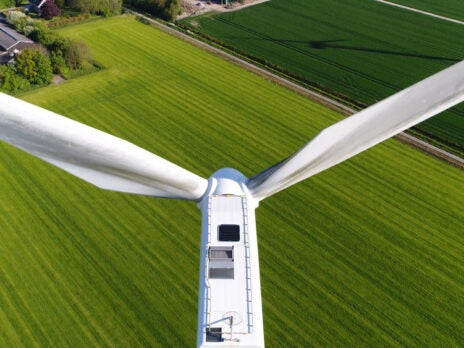
Paolo Beghini/Ikon Images
Those old enough still remember when sin entered the internet. We have been trying to return to grace ever since.
When Elon Musk announced on 14 April that he is planning to acquire Twitter and turn it into a privately owned company, the message was that he wants to go back to those prelapsarian times when the internet was supposed to make us better. What has happened since then? The large platforms – Google, Facebook, Twitter and others – are no longer neutral arbiters between different world-views but impose their own values. Algorithms are used surreptitiously to manipulate public opinion and create echo chambers. Advertising corrupts thought and expression for the sake of maximum engagement. Twitter is particularly dismal, seemingly designed to promote shallow discussions and a rabid inquisitorial spirit.
Musk claims that the internet has lost its way and promises to return Twitter to a lost age when everyone could freely share ideas and access information. He is right about one thing. The internet has changed. The disagreement is over what went wrong and what to try next.
There have been two internets so far, and some believe a third is on the way. Web1 was decentralised, founded on open protocols – operating rules for the network – like the ones still used for email or websites. Web2 was the internet built by platforms such as Facebook or Google, the companies owning the data on which our economies now depend. Web3 is the internet emerging on decentralised blockchains, such as Bitcoin or Ethereum, which no one owns or controls. For its proponents – the term was introduced by Ethereum co-founder Gavin Wood – Web3 combines the best of both worlds: the decentralisation of Web1 and the immersion and interaction of Web2.
[See also: The spirit of the age: Why the tech billionaires want to leave humanity behind]
How we got from Web1 to Web2 is a complicated story, but it ultimately amounts to a failure of imagination. The creators of the open protocols of the early internet had no idea of what it would become. They still thought the internet would be a kind of entertainment medium similar to television or newspapers. They could not guess its final form: the metaverse, a wholesale replacement for the real world.
As the internet grew, it was left to the private sector to provide the missing parts. In a virtual world, everyone needs an identity or avatar. Facebook provided them for us. Money from the real world had to be replaced with something else, so advertising filled the gap. We pay with our attention. Suddenly we were all living on the internet, but Facebook owned the data defining our identities, and the world where our lives took place was powered by targeted advertising: the springs of community life now had to serve the purpose of maximising profits for Facebook and its advertisers.
More remarkably, we now accept that these platforms have the




